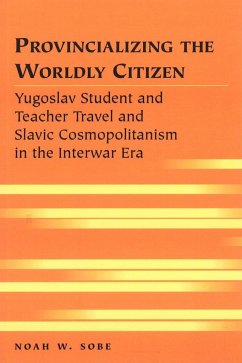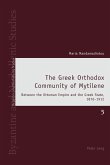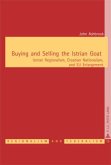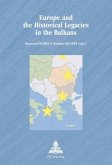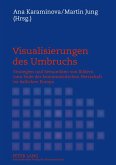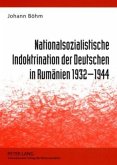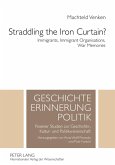Provincializing the Worldly Citizen examines travel to Czechoslovakia by Yugoslav educators and students in the 1920s and 1930s in the context of educational modernization and national identity formation. It argues that "Slavic Cosmopolitanism" was an important element in educating the Yugoslav child and in the development of schooling practices in Yugoslavia. The book examines how notions of "Slavicness" circulated and were related to visions of the ideal Yugoslav, linking together these two concerns - not merely to cross-fertilize Slavic studies, the history of education, and the field of comparative education but as part of an effort to develop new intellectual strategies for transnational, cross-cultural scholarship. To this end, it examines Yugoslav student and teacher travel as an entry point to analyzing the regulative ideals that were inscribed in the Yugoslav child as a future citizen. From the broadest perspective, the book offers ways of thinking about the functions oftravel and schooling by exposing the fabricated categories of ethnicity and nation as they become worked into cultural and pedagogical ideals. In specific terms, it is an examination of how interwar Yugoslav schools produced worldly minded Yugoslavs - not just through the official curriculum but across a wide range of cultural practices.
Bitte wählen Sie Ihr Anliegen aus.
Rechnungen
Retourenschein anfordern
Bestellstatus
Storno

